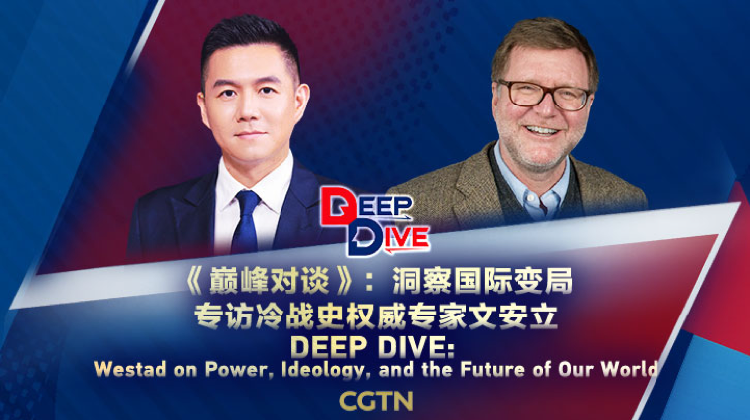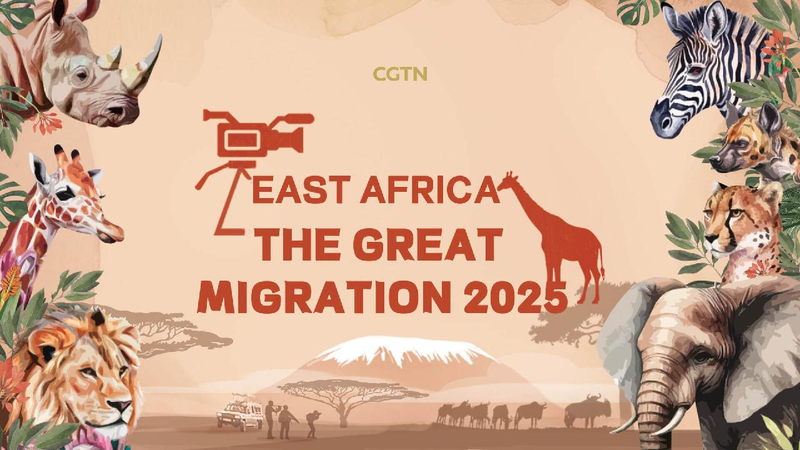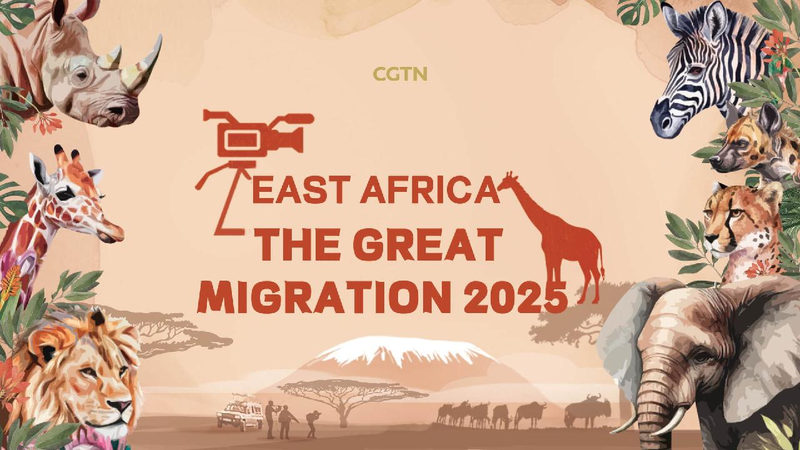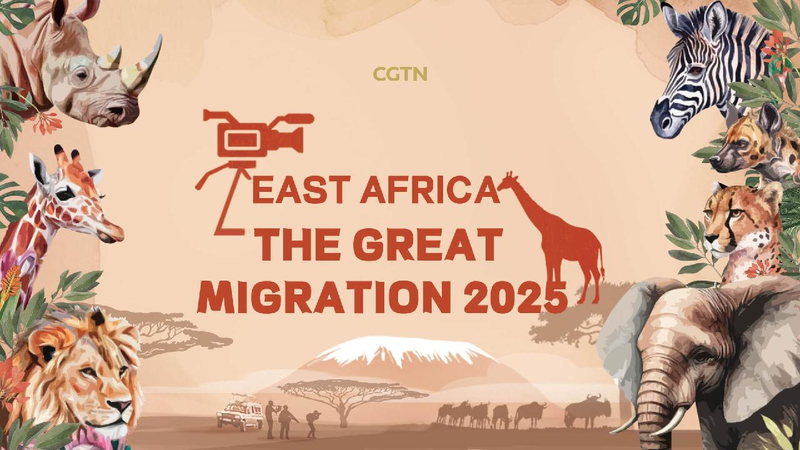Have you ever wondered why countries around the world sometimes get along and other times don’t? 🌍 It’s like when friends have arguments, but on a bigger scale! Today, we’re exploring some big ideas about history, power, and how they shape our future.
Meet Professor Odd Arne Westad, a really smart historian from Yale University. He studies the Cold War, which was a time after World War II when two superpowers, the United States and the Soviet Union, were in a kind of standoff. But instead of fighting directly, they competed in other ways, like in space exploration! 🚀
But what does that have to do with us today? Well, some people wonder if we’re entering a “new Cold War.” Professor Westad helps us understand if that’s true or just a myth. He talks about how China’s role in the world is changing and how the United States and China can learn to get along better. 🤝
He also explains the rise of the Global South. This means countries in Africa, Latin America, and parts of Asia are becoming more important on the world stage. 🌎 Isn’t it cool that more voices are being heard?
In Europe, countries are looking for their own path, trying to make decisions without just following others. It’s like when you decide to try a new hobby because it’s what you love! 🎨
Professor Westad believes that by understanding history, we can make better choices today. Instead of repeating mistakes, we can learn from them. 📝 He asks important questions like: Can countries work together even when they have different ideas? Can history guide us to a better future?
It’s a bit like when you and your friends have different opinions but still remain friends and work things out. Countries can do that too! 😄
So, next time you hear about big events in the news, remember that history can help us understand them. And who knows? Maybe one day, you’ll be the one shaping the future! ✨
Reference(s):
Watch: Westad on power, ideology and the future of our world
cgtn.com




